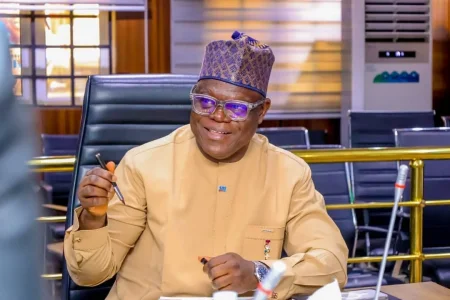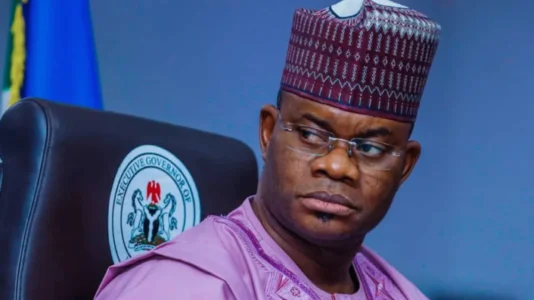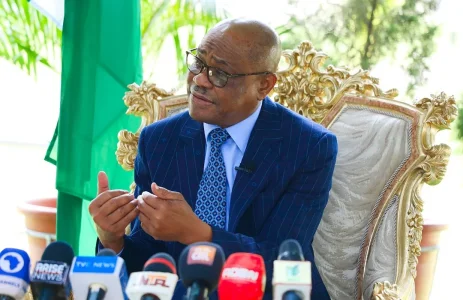
In a televised interview on Channels TV, Minister of Information and National Orientation, Mohammed Idris, emphatically dismissed the recent assertion by the World Bank that the Federal Government continues to pay subsidy on petrol. According to the minister, President Bola Tinubu had made it clear from the onset of his administration that the era of petrol subsidy was "gone for good."
Idris underscored that the removal of the subsidy had resulted in increased revenue flowing into the federation account, countering the World Bank's indication that current fuel prices in Nigeria were not cost-reflective. The bank suggested that Nigerians should be paying around N750 per litre, contrary to the existing price of N650 in some regions.
The World Bank's lead economist for Nigeria, Alex Sienaert, during a presentation in Abuja, insisted that subsidy still existed, stating, "It does seem like petrol prices are not fully adjusting to market conditions."
Contrary to the World Bank's claim, Minister Idris emphasized that the subsidy era was definitively over, citing the positive impact on government finances. He stated, "Subsidy is gone, and the President told Nigerians from his first day in office that there won't be subsidy (on petrol)."
However, the ongoing disparity in petrol prices across the country has fueled public concern, with reports indicating prices exceeding N700 per litre in some regions. This has led to increased economic challenges, forcing many Nigerians to abandon vehicles, while basic item costs surge, and citizens' incomes face erosion due to inflation.
Despite President Tinubu's earlier assurances in September that the petrol subsidy regime had ended, recent revelations indicated that the government disbursed N169.4 billion as subsidy in August to maintain the pump price at N620 per litre.
As the debate on the existence of petrol subsidy continues, many observers call for a home-grown solution to address the economic challenges facing the nation, challenging the World Bank's prescription and urging the Federal Government to navigate a sustainable path forward




